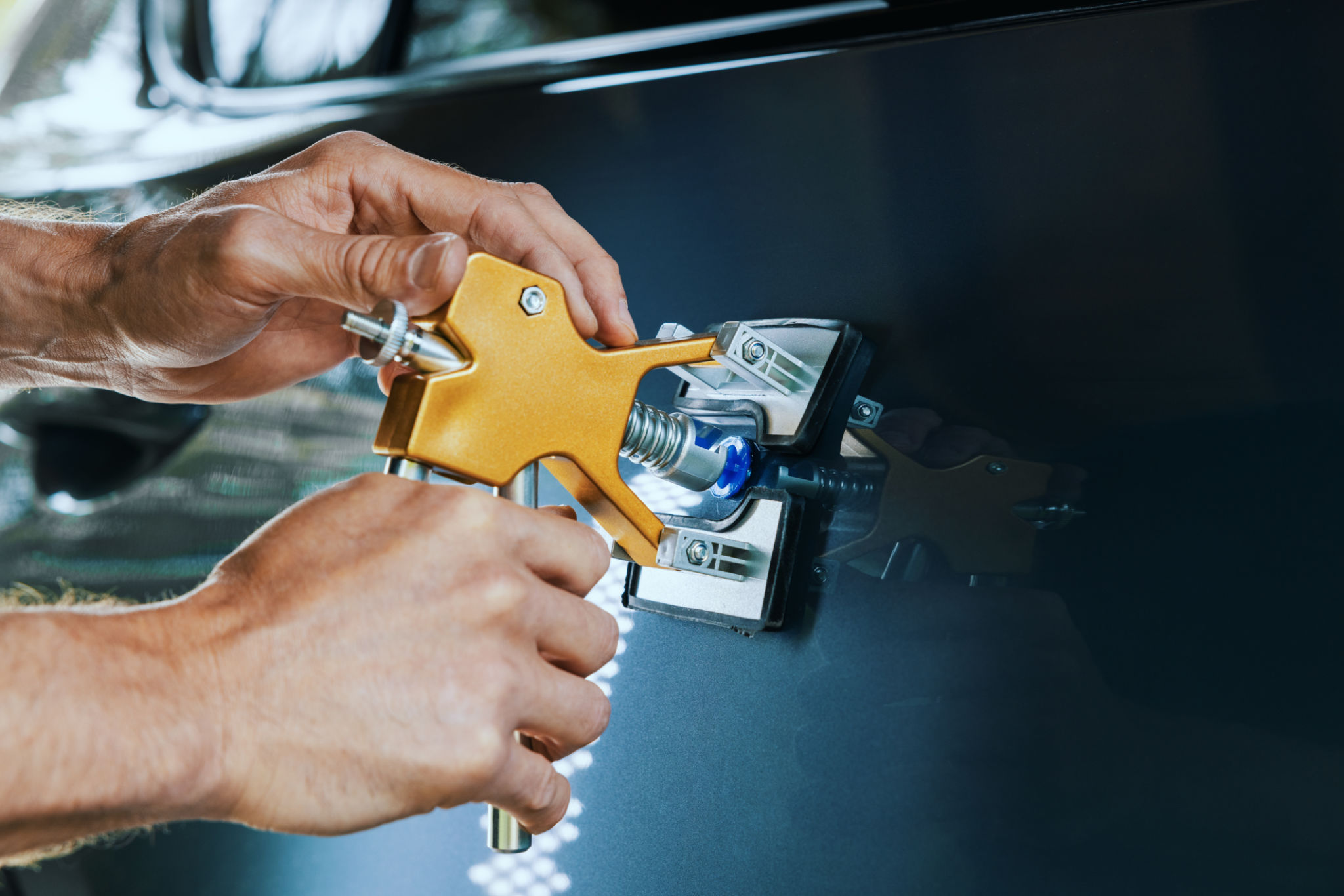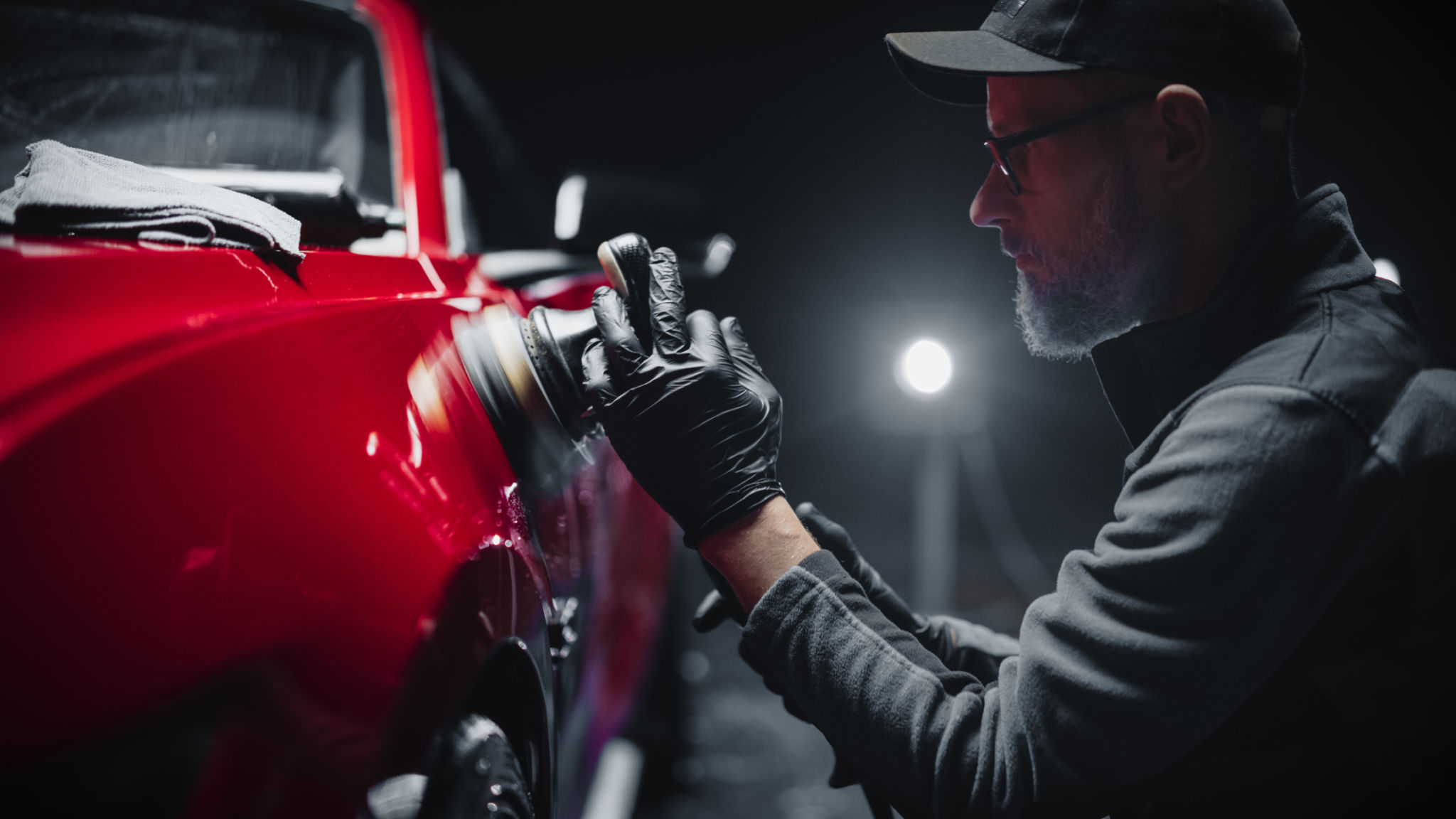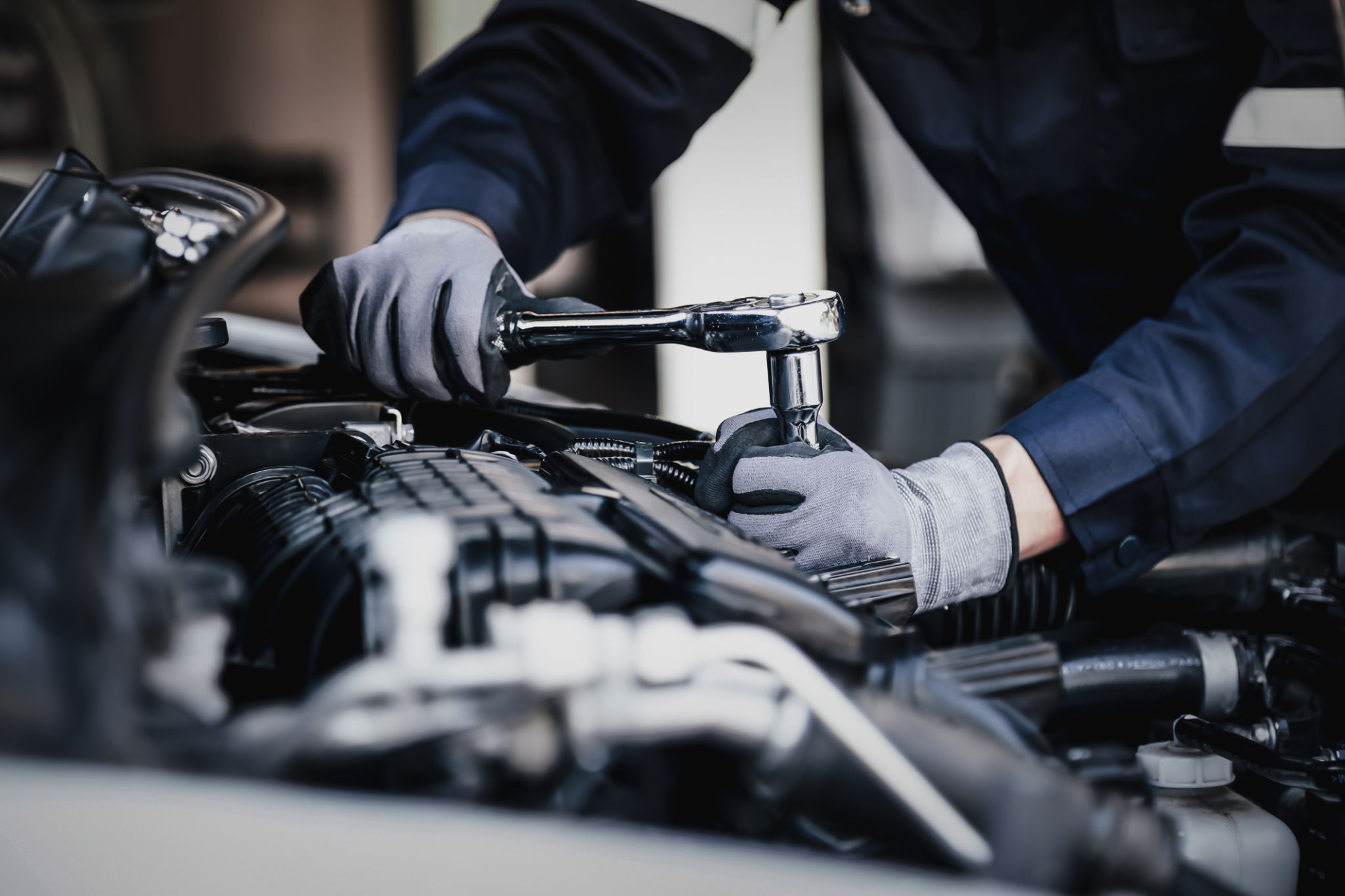DIY Car Dent and Scratch Repair: What You Can Do Before Seeing a Pro
Understanding the Basics of DIY Car Dent and Scratch Repair
Owning a car often comes with the inevitable occurrence of minor dents and scratches. While these blemishes can be frustrating, many can be fixed without professional help. Tackling these issues on your own can save money and prevent further damage. Before diving into the repair process, it's crucial to assess the severity of the dent or scratch to determine if a DIY approach is appropriate.

Tools You'll Need for Minor Repairs
Having the right tools on hand is essential for a successful DIY repair. Here's a list of items you might need:
- Sandpaper (various grits)
- Microfiber cloths
- Car scratch repair kits
- Touch-up paint
- Plastic or rubber mallet
- Hairdryer or heat gun
These tools will equip you to handle most minor repairs efficiently. It's also important to work in a well-lit area where you can clearly see the extent of the damage.
Repairing Small Dents at Home
Small dents can often be remedied with simple methods. One popular technique involves using heat and cold to manipulate the metal back to its original shape. Start by heating the dented area with a hairdryer for a few minutes. Once it's warm, quickly apply a piece of dry ice or a compressed air canister upside down to cool the area rapidly. This sudden temperature change can cause the metal to pop back into place.

Tackling Surface Scratches
Surface scratches are typically less complex than deeper ones and can be addressed with over-the-counter scratch repair kits. These kits usually include a polishing compound that helps blend the scratch with the surrounding paint. Follow these steps for optimal results:
- Clean the area thoroughly to remove any dirt or debris.
- Apply the polishing compound using a microfiber cloth, following the kit's instructions.
- Buff the area gently until the scratch becomes less visible.
If the scratch is still noticeable, applying a touch-up paint that matches your car's color may be necessary.
When to Seek Professional Help
While DIY methods are effective for minor issues, some situations require professional intervention. If your car has deep dents, extensive scratches, or damage that has affected underlying layers, it's best to consult an expert. Additionally, if you're unsure about your ability to handle a repair, seeking professional help can prevent further damage and ensure a quality fix.

Preventative Measures to Avoid Future Damage
Preventing dents and scratches is often easier than repairing them. Consider these tips to protect your vehicle:
- Park away from other cars in crowded areas.
- Avoid parking under trees or in locations prone to falling debris.
- Regularly wash and wax your car to maintain its protective coating.
- Use car covers when parked for extended periods.
Implementing these practices can help keep your car looking pristine and minimize the need for repairs.
Conclusion
Tackling car dents and scratches on your own can be rewarding and cost-effective. By understanding the basics of repair and employing preventative measures, you can maintain your vehicle's appearance with confidence. Always assess the damage level before deciding on a DIY approach and don't hesitate to seek professional assistance when necessary. With a little effort and patience, you can keep minor blemishes at bay and enjoy a smooth, well-maintained ride.